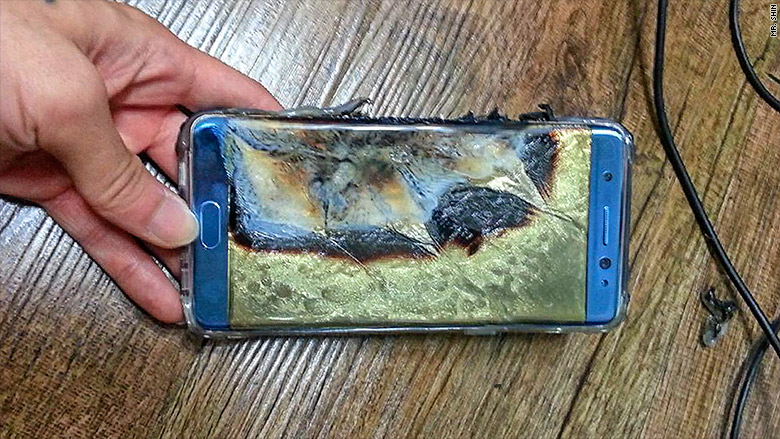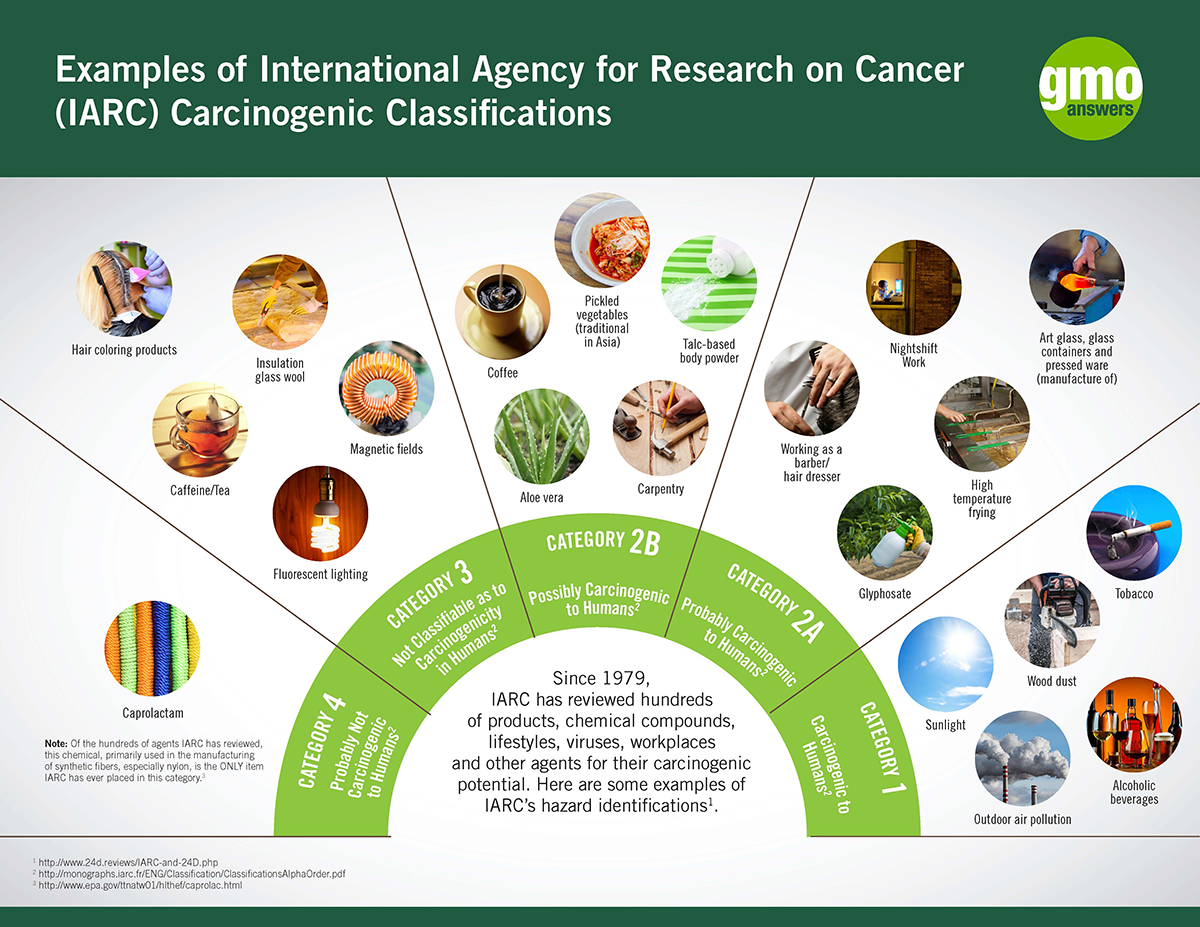At this point cellphones are basically part of human anatomy. Like the hand, they are vital in how we interact with our world. We use them to talk to each other, browse the internet, pay our taxes, pay our bills, send emails, pay for our groceries, they are an important tool in our daily lives. Most of us would feel naked without them, but could they be hurting us? I’m assuming probably not, but I decided to investigate.

This phone won’t just give you cancer.
There are actually numerous studies on the topic of cellphones causing cancer or other bodily harm. Of course, recently cellphones have become a threat of the explosive variety. In fact that particular phone may be banned on airplanes due to its harmful defect. But, the average everyday cellphone could also be a threat. For how, we turn to the American Cancer Society.
On the American Cancer Society’s website there is a brief explanation of how cellphones work and how they may be potentially harmful. Essentially, cellphones send and receive signals from cell towers using radiofrequency waves. These RF waves fall on the electromagnetic spectrum (as do microwaves, x-rays, and visible light) somewhere around radio waves and microwaves. A far cry from gamma radiation, they are not harmful enough to damage our DNA, nor do they generate enough heat to burn our tissues (which would work similarly to microwaves). None of this is cause for alarm. However, this is not was has people worried.
Most studies focus not on the potential for RF waves to harm our DNA, but rather the potential that RF could cause or aid in the growth of cancerous tumors. For example, a 2013
study tested the hypothesis that cellphone usage contributes to the development of brain cancer. This was tested with a population study of Taiwan where cellphone usage rates are higher than any other country. Researchers took data from the National Communications Commission to determine the number of cellphone users, and data from the National Cancer Registry to determine the incidence and fatality rate of malignant neoplasm (tumors) in the brain. They looked at a ten year period (2000-2009) and concluded that the high user rate had no statistically significant effect on the mortality rate and therefore accepted the null hypothesis.
A similar 2016 study looked at data from the Swedish Cancer Registry, focusing on the incidence of thyroid cancer from 1970-2013, and concluded that there was an increase in the percentage of thyroid cancer and that said increase cannot solely be accounted for by better diagnostic technology. The study itself does not allow for conclusions regarding causality, but it does postulate that exposure to ionizing radiation should be further studied.
Both of these studies mention the World Health Organization’s recent 2011 decision that radiofrequency radiation, like that found in cellphones, is possibly carcinogenic to humans. All of this information is interesting because, as we discussed in class, we are not yet sure if cellphones, or more specifically their RF waves, can cause cancer, tumors, or ill health. Cellphone exposure, like cigarettes, have not been studied, or simply existed long enough, for us to be completely sure of their long term effects on our health. The studies I found have similar parameters. They analyze similar data, one from Taiwan, one from Sweden, and come to different conclusions. Overall I found the results interesting for several reasons.

For those of you (like me) who don’t know what carcinogens are.
First, neither study, nor any study I could find, focus on the effects of being near microwaves. Perhaps, since they became a commonly accepted household appliance, which exposes us to similar levels of electromagnetic waves, we may have been effected in some way. Obviously, we use cellphones more often, and we don’t put our bodies up against the microwaves, but it’s still an interesting question. Second, following that train of thought, we do not spend that much time with our phones up to our heads. My phone spends most of its time in my pocket or in my hands. Why then has their not been a study done to determine if cellphones cause an increase in cervical or testicular cancer? I feel the results of these studies are inconclusive because, as the second study says, they need to do more research into the effect of this type of radiation.
My last thoughts are that I personally do not believe we currently have enough evidence to suggest that cellphone use, or any small exposure to similar wavelengths, will cause us colossal harm. Putting away your cellphone from time to time is still probably going to be beneficial regardless. Lastly, on the electromagnetic spectrum, visible light is closer to known harmful wavelengths, so why is that not possibly harmful?
Sources:
http://www.cancer.org/cancer/cancercauses/othercarcinogens/athome/cellular-phones
https://bmccancer.biomedcentral.com/articles/10.1186/s12885-016-2429-4
http://www.who.int/mediacentre/factsheets/fs193/en/
Image Links:
http://i2.cdn.turner.com/money/dam/assets/160902121639-samsung-galaxy-note-7-fire-front-780×439.jpg
https://upload.wikimedia.org/wikipedia/commons/2/21/MarkRuffalo07TIFF.jpg
https://gmoanswers.com/sites/default/files/iarc-infographic-sm.png


I agree with you when you say that we don’t really have enough evidence to determine if cell phones can cause cancer. I feel like people are claiming that so many things can be linked to cancer these days, that I’m not really sure what to believe. I’ve heard that soda can cause cancer, and so can listening to music too loudly while using headphones. I’m not saying that these things aren’t true, I’m just saying that I don’t really know what’s true and what’s not, so I need some more evidence in order to believe what things are really causing cancer.
Thank you so much for including that picture of Mark Ruffalo with such a funny caption which was absolutely applicable to your blog! I agree with you in that studies should expand their horizons and look into whether or not there is any connection between cellphone usage and cervical and testicular cancer, because cell phones do spend the majority of time in our pockets. The closest thing I could find in terms of a study seeing how cell phones could effect the genital region, was one seeing if it effected semen quality http://www.tandfonline.com/doi/abs/10.1080/014850190924520. While it is not related to cancer, it is still interesting to see the other possible ramifications.
I really liked this post, and I think it’s a great topic. I have a few things I want to bring up, but these are more out of curiosity on the subject. To your comment on not knowing the harm of microwaves, we actually do know that they’re harmful. But microwave ovens are designed in a way that the mesh you see on the door actually blocks the radiation. However, that’s not super relevant to the topic at hand, just something to note. I would have to agree that I don’t think it’s super harmful to us, because it’s not a large amount of radiation being given off. But again, we won’t know until more studies are completed which will just take time. To your point about visible light not being harmful to us, I found this study summary https://www.ncbi.nlm.nih.gov/pubmed/18248499 that says visible light does cause potential harm to DNA. Also, there’s no way to ultimately know if it causes major harm because every generation to live has been subjected to visible light, unlike cell phones.
Great blog post! I like how you explored different studies and from those came to a conclusion about the problem yourself. Ever since Andrew mentioned that cell phones might be cancerous I’ve been a little worried. I also came to the conclusion that we won’t know if cellphones are harming us until many years of cellphone use have passed, but it is still a scary thought seeing as how long it took cigarettes to cause harm. According to the National Cancer Institute (https://www.cancer.gov/about-cancer/causes-prevention/risk/radiation/cell-phones-fact-sheet#q7) a longitudinal study (http://www.thecosmosproject.org/) is being conducted for the next 20-30 years that will follow adults and their cellphone use and its subsequent consequences over the years. This will be an interesting study to follow during the next few decades.
Thanks for the link, that study does sound interesting. Hopefully, we will find nothing wrong and be free to continue using cellphones and whatever more elaborate devices we develop in the years to come. What would be interesting, is if we did have to stop using cellphones because they turned out to be very harmful. How would society adapt? Even now, that would be a huge adjustment. Furthermore, it’s interesting to consider how hard it is to prove something as simple as whether cellphones are harmful. As Andrew said in class, even with limitless funds, some studies are still very difficult, time consuming, or impossible.